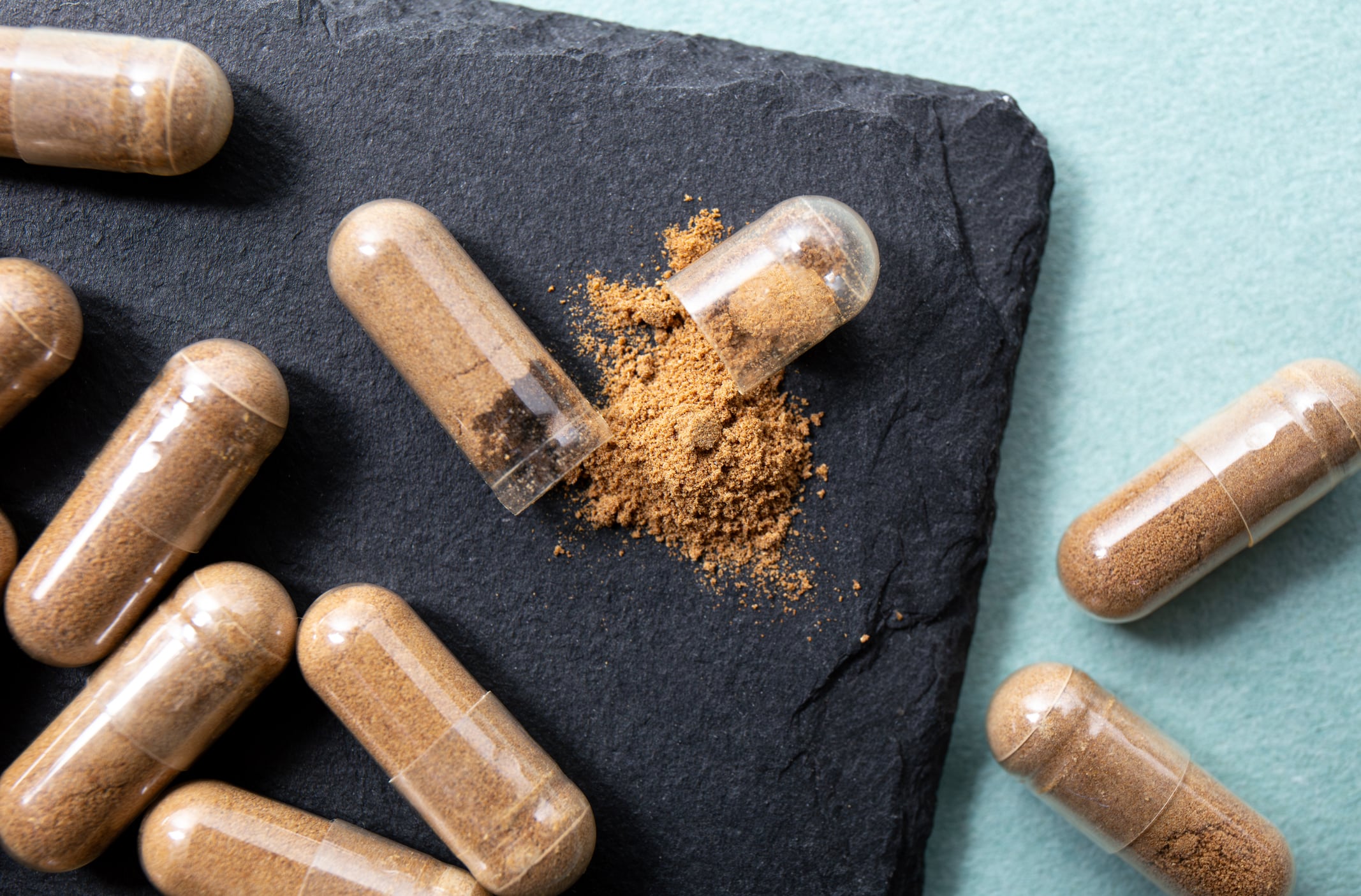Supplementation reduced NADPH oxidase 4 (NOX4), a protein involved in oxidative stress, and protected mitochondria in the brain.
“These findings demonstrate that NOX4 is a critical target in ferroptosis-related cognitive deficits, and L-theanine can treat the associated disorders,” wrote researchers from Anhui University of Chinese Medicine and Anhui Agricultural University in China, recommending further studies to validate their findings in humans.
Previous research suggests that between 30% and 35% of adults worldwide experience symptoms of insomnia, which may increase up to 75% in older people. The demand for sleep supplements is growing, and L-theanine has emerged as a key nutraceutical, researched for its potential in addressing sleep-related issues.
The current study explored L-theanine’s effects on ferroptosis—cell death caused by the accumulation of iron-dependent lipid reactive oxygen species (ROS).
Existing evidence indicates that sleep deprivation can stimulate ferroptosis in neurons in the hippocampus, the part of the brain linked to learning and memory. The hippocampus is “highly sensitive to iron accumulation and lipid peroxidation damage,” the researchers wrote.
NOX4 is a protein that generates ROS, triggering hippocampal damage and cognitive decline, which the study noted has been associated with the progression of chronic neurodegenerative disorders such as Alzheimer’s disease.
L-theanine, an amino acid found in green tea and designated as “Generally Recognized as Safe” (GRAS) by the U.S. Food and Drug Administration (FDA), is widely used as a supplement for its potent antioxidant properties.
The Chinese researchers acknowledged a gap in understanding regarding L-theanine’s potential to protect neurons from damage caused by sleep deprivation (SD) and suggested that the mechanisms observed in the animal study may serve as foundation for future research.
“L-Theanine treatment inhibited hippocampal ferroptosis by attenuating NOX4, suggesting that it can be used to mitigate the adverse effects of [sleep deprivation],” the researchers wrote.
Study details
The study assessed the effects of L-theanine on memory and learning in mice exposed to the Morris Water Maze Test and measured markers to evaluate inhibition of NOX4-mediated ferroptosis in hippocampal neurons.
Findings indicated that L-theanine significantly increased the frequency of mice crossing the platform and protected neurons and mitochondria in sleep-deprived mice.
The intervention “mitigated Erastin-induced oxidative stress and ferroptosis in HT22 cells” and reversed the abnormal expression of proteins in the hippocampus, the researchers reported.
Moreover, GLX351322, a selective inhibitor of NOX4 used as research tool, appeared to reverse the neuroprotective effects of L-theanine.
“L-theanine enhances learning and memory in sleep-deprived mice by mitigating NOX4-mediated ferroptosis in hippocampal neurons,” the study concluded.
The researchers acknowledged the limitations of the animal study, recommending further research to validate the supplement in sleep-deprived populations.
Source: Phytotherapy Research, 2025; 0:1–14. doi: 10.1002/ptr.70048. “L-Theanine Improves Learning and Memory Through Attenuation of NOX4-Mediated Ferroptosis in Hippocampal Neurons of Sleep-Deprived Mice”. Authors: X. Huang et al.




